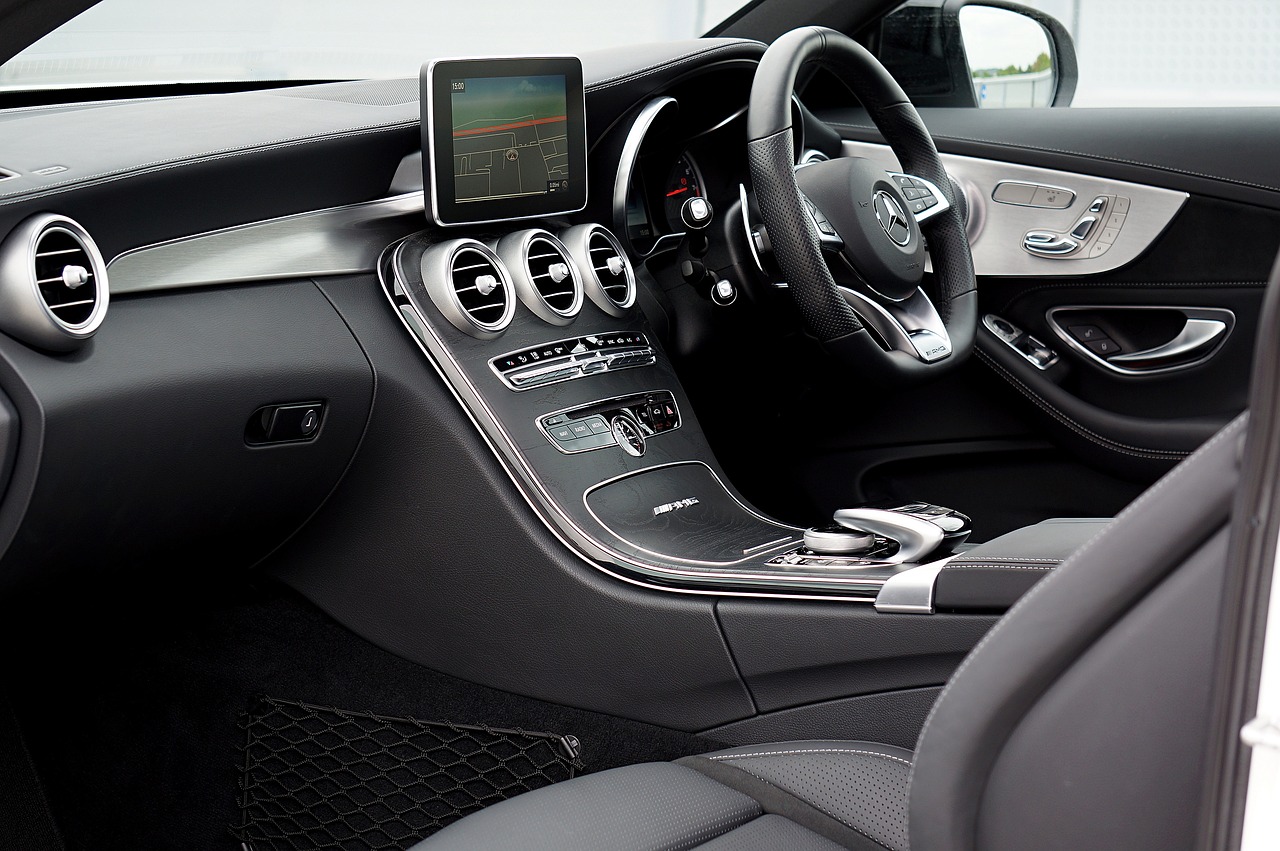Analyzing the Impact of Automotive Air Conditioning on Vehicle Cabin Air Pressure Regulation
cricbet99 id password, sky99 login, ready book club:Analyzing the Impact of Automotive Air Conditioning on Vehicle Cabin Air Pressure Regulation
When it comes to driving in hot and humid weather, having a functional air conditioning system in your car is a game-changer. Not only does it keep you comfortable, but it also plays a crucial role in regulating the air pressure inside the vehicle cabin. In this article, we will delve into the impact of automotive air conditioning on vehicle cabin air pressure regulation.
The Importance of Air Pressure Regulation in Vehicles
Before we delve into how automotive air conditioning affects air pressure regulation, let’s first understand why maintaining proper air pressure inside the vehicle cabin is crucial. Air pressure regulation in vehicles is essential for several reasons:
1. Comfort: Proper air pressure ensures a comfortable driving experience by maintaining a consistent temperature and humidity level inside the vehicle cabin.
2. Safety: Maintaining the right air pressure helps prevent fogging of windows, which can obstruct visibility while driving.
3. Health: Proper air pressure helps filter out pollutants and allergens from entering the cabin, promoting better air quality for passengers.
4. Efficiency: Well-regulated air pressure can improve fuel efficiency by reducing the load on the vehicle’s cooling and heating systems.
How Automotive Air Conditioning Affects Vehicle Cabin Air Pressure
Now let’s explore how automotive air conditioning impacts air pressure regulation inside the vehicle cabin:
1. Air Circulation: The air conditioning system in a vehicle circulates and filters air, helping to maintain a consistent pressure level inside the cabin.
2. Temperature Control: By cooling or heating the air inside the cabin, the air conditioning system can affect air pressure regulation. Changes in temperature can lead to fluctuations in air pressure.
3. Humidity Management: Automotive air conditioning systems also help regulate humidity levels inside the vehicle cabin. High humidity can impact air pressure and comfort levels for passengers.
4. Air Filters: Air conditioning filters help remove dust, pollen, and other contaminants from the air entering the cabin, improving air quality and pressure regulation.
5. Ventilation: Proper ventilation is essential for maintaining air pressure inside the vehicle cabin. The air conditioning system plays a role in controlling airflow and circulation.
6. Pressure Sensors: Some modern vehicles are equipped with pressure sensors that monitor and adjust air pressure levels inside the cabin. These sensors work in conjunction with the air conditioning system to ensure optimal comfort for passengers.
The Impact of Automotive Air Conditioning on Vehicle Cabin Air Pressure
Overall, automotive air conditioning plays a significant role in regulating air pressure inside the vehicle cabin. By controlling temperature, humidity, air circulation, and filtration, the air conditioning system helps maintain a comfortable and healthy environment for passengers.
FAQs
1. Can automotive air conditioning impact fuel efficiency?
Yes, the air conditioning system in a vehicle can affect fuel efficiency by increasing the load on the engine. Using the air conditioning system at high settings can lead to higher fuel consumption.
2. How often should I replace the air filters in my car’s air conditioning system?
It is recommended to replace the air filters in your car’s air conditioning system every 12,000 to 15,000 miles or as per the manufacturer’s guidelines. Regular filter replacements help maintain air quality and pressure inside the vehicle cabin.
3. Does automotive air conditioning have an impact on vehicle performance?
The air conditioning system can put additional strain on the vehicle’s engine, affecting performance to some extent. However, modern vehicles are designed to handle the load from the air conditioning system without significant impact on performance.
In conclusion, automotive air conditioning plays a crucial role in regulating air pressure inside the vehicle cabin. By controlling temperature, humidity, air circulation, and filtration, the air conditioning system helps create a comfortable and healthy environment for passengers. Keeping your car’s air conditioning system well-maintained is essential for optimal performance and passenger comfort.







